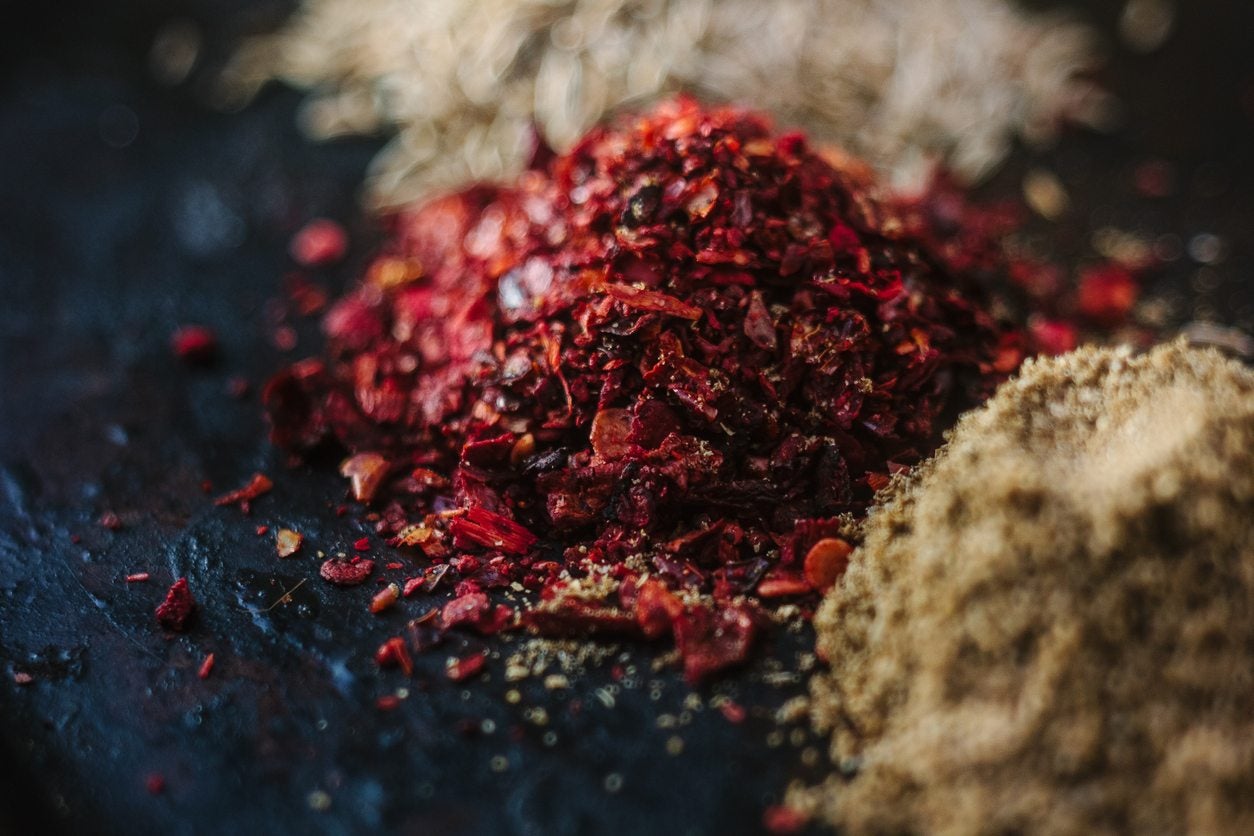
If you ever visit Istanbul’s spice bazaar, your senses will be sent reeling with the cacophony of aromas and colors. Turkey is famous for its spices, and for good reason. It has long been a major trading post, the end of the line for exotic spices that traveled along the Silk Road. Herbs from Turkey are used all around the world to make the humdrum into the spectacular. It is possible for you to experience many of these zesty flavors in your own garden by planting a Turkish herb garden. Let’s learn more about plants for Turkish gardens.
Common Turkish Herbs and Spices
Turkish food is delicious and, for the most part, healthy. That’s because the food is allowed to shine through with a hint of spice here and there rather than drowned in sauces. Also, Turkey has several regions, each perfectly suited to growing different Turkish herbs and spices that will be reflected in that region’s cuisine. That means that a list all of the different Turkish herbs and spices used could be quite lengthy. A list of common Turkish herbs and spices would contain all the usual suspects along with many that the average American would be unfamiliar with. Some of familiar herbs and flavorings to include would be:
- Parsley
- Sage
- Rosemary
- Thyme
- Cumin
- Ginger
- Marjoram
- Fennel
- Dill
- Coriander
- Cloves
- Anise
- Allspice
- Bay leaf
- Cinnamon
- Cardamom
- Mint
- Nutmeg
Less common herbs and spices from Turkey include:
- Arugula (rocket)
- Cress
- Curry powder (actually a mix of many spices)
- Fenugreek
- Juniper
- Musk mallow
- Nigella
- Saffron
- Salep
- Sumac
- Turmeric
There’s also borage, sorrel, stinging nettle, and salsify to name a few, but there are hundreds more.
How to Grow a Turkish Herb Garden
If reading the plethora of herbs and spices used in Turkish cuisine has your stomach rumbling, perhaps you’d like to learn how to grow your own Turkish garden. Plants for a Turkish garden need not be exotic. Many of them, such as the aforementioned parsley, sage, rosemary, and thyme, can be easily found in the local garden center or nursery. Other plants for a Turkish garden might be more difficult to come by but worth the extra effort. Keep in mind your USDA zone, microclimate, soil type, and sun exposure. Many herbs hail from the Mediterranean and, as such, are sun lovers. Many spices are derived from seeds, roots, or even flowers of plants that prefer tropical to subtropical climates. It’s best to do some research before you start growing Turkish herbs and spices and start on a smaller, less ambitious scale; it’s easier to add than subtract.
Sign up for the Gardening Know How newsletter today and receive a free copy of our e-book "How to Grow Delicious Tomatoes".

Amy Grant has been gardening for 30 years and writing for 15. A professional chef and caterer, Amy's area of expertise is culinary gardening.
